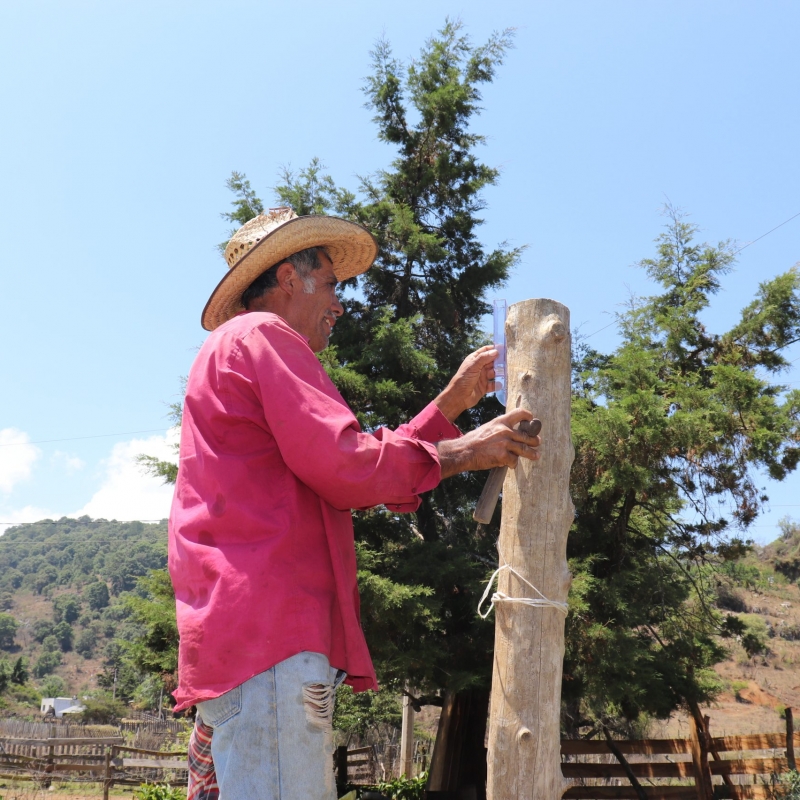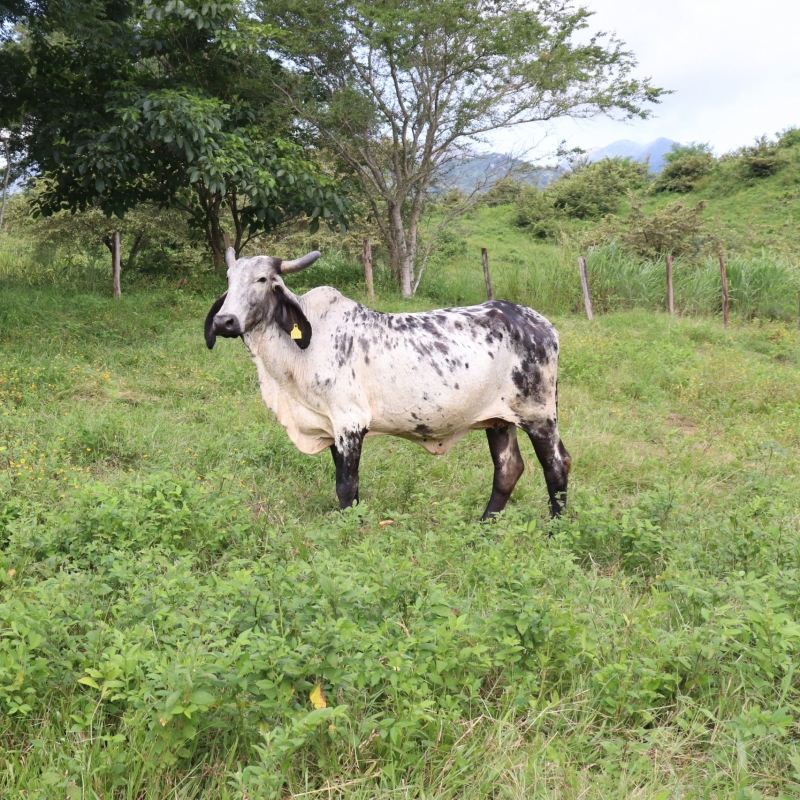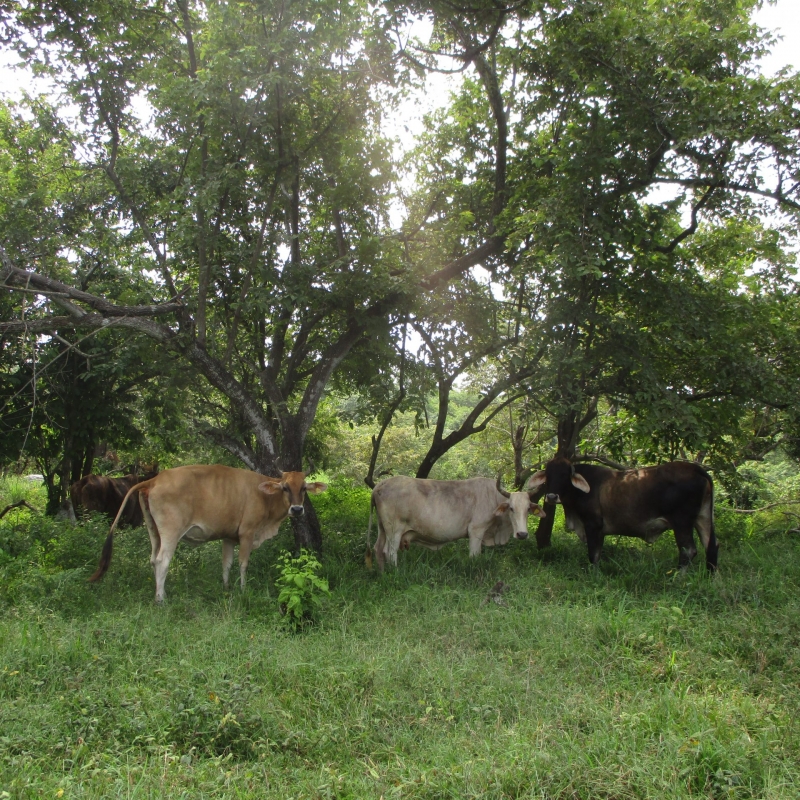With engagement in the states of Jalisco, Chiapas and Campeche, BioPaSOS is promoting climate action and the conservation of biodiversity. The project is implemented by CATIE (Tropical Agricultural Research and Higher Education Center) with support from other institutions and funding from the International Climate Initiative (IKI).
How does it work? Through Field Schools (ECAs) and workshops with specialists, BioPaSOS has established learning communities and strengthened the capacities of livestock producer families, undergraduate and postgraduate students and technical staff of local partners in each territory. Also, in each territory they are developing a research agenda on topics of interest, participating in exchange platforms on topics related to sustainable livestock production.
In the framework of climate action monitoring, BioPaSOS has organized experience exchanges between experts, sharing information that allows specific emission factors to be developed at regional and national levels. Additionally, in each of its territories of intervention, it has developed research on water and carbon footprints, GHG emissions in cattle ranches and monitoring of biodiversity in cattle landscapes.
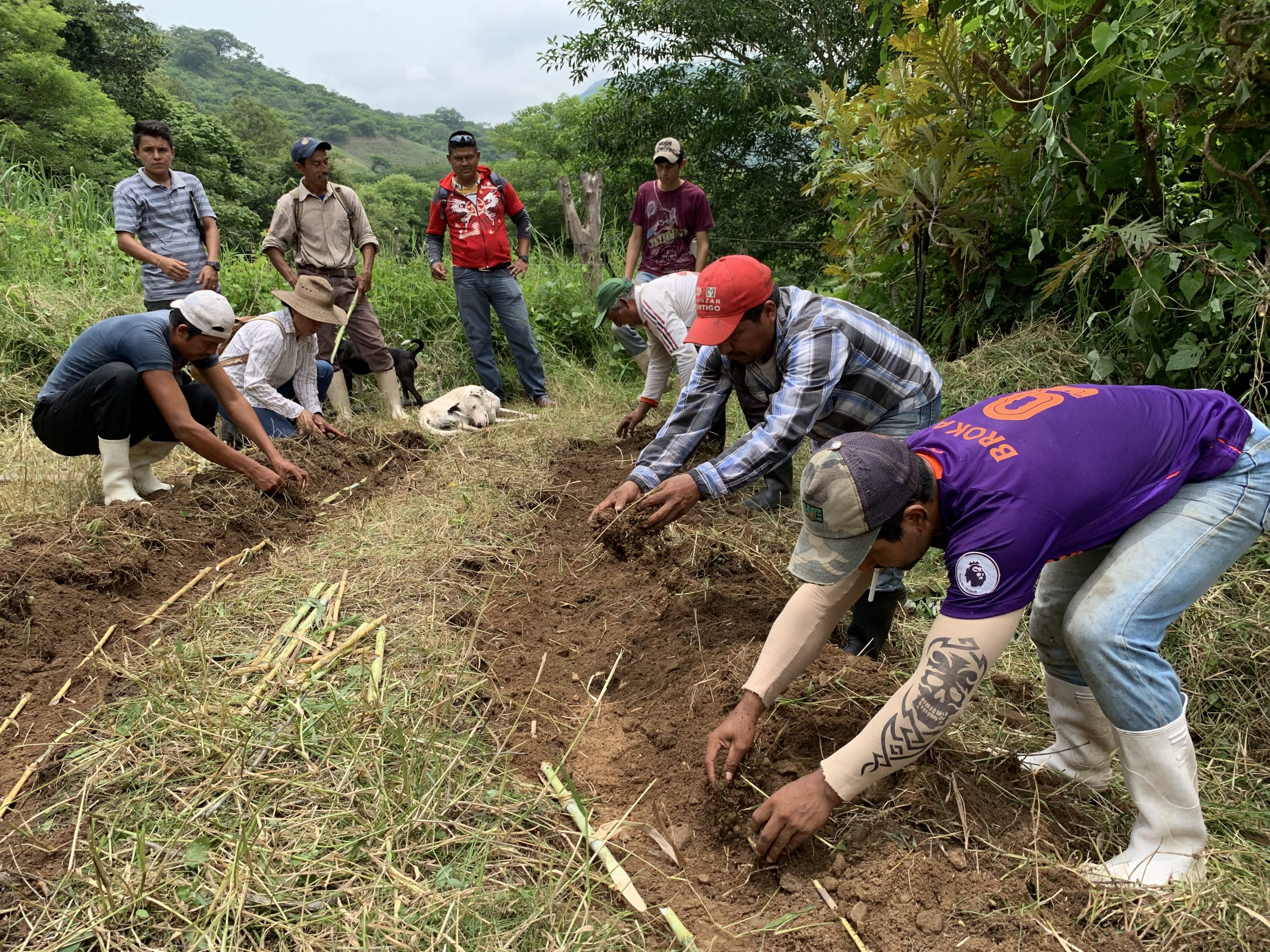
To contribute to biodiversity conservation, BioPaSOS is promoting the implementation of agrosilvopastoral and silvopastoral systems and good livestock practices. This contributes to the improvement and the diversification of livelihoods of cattle raising families. The project also aims to involve more young people and women, using citizen science as a mechanism to generate consciousness of the importance of biodiversity conservation in these areas.
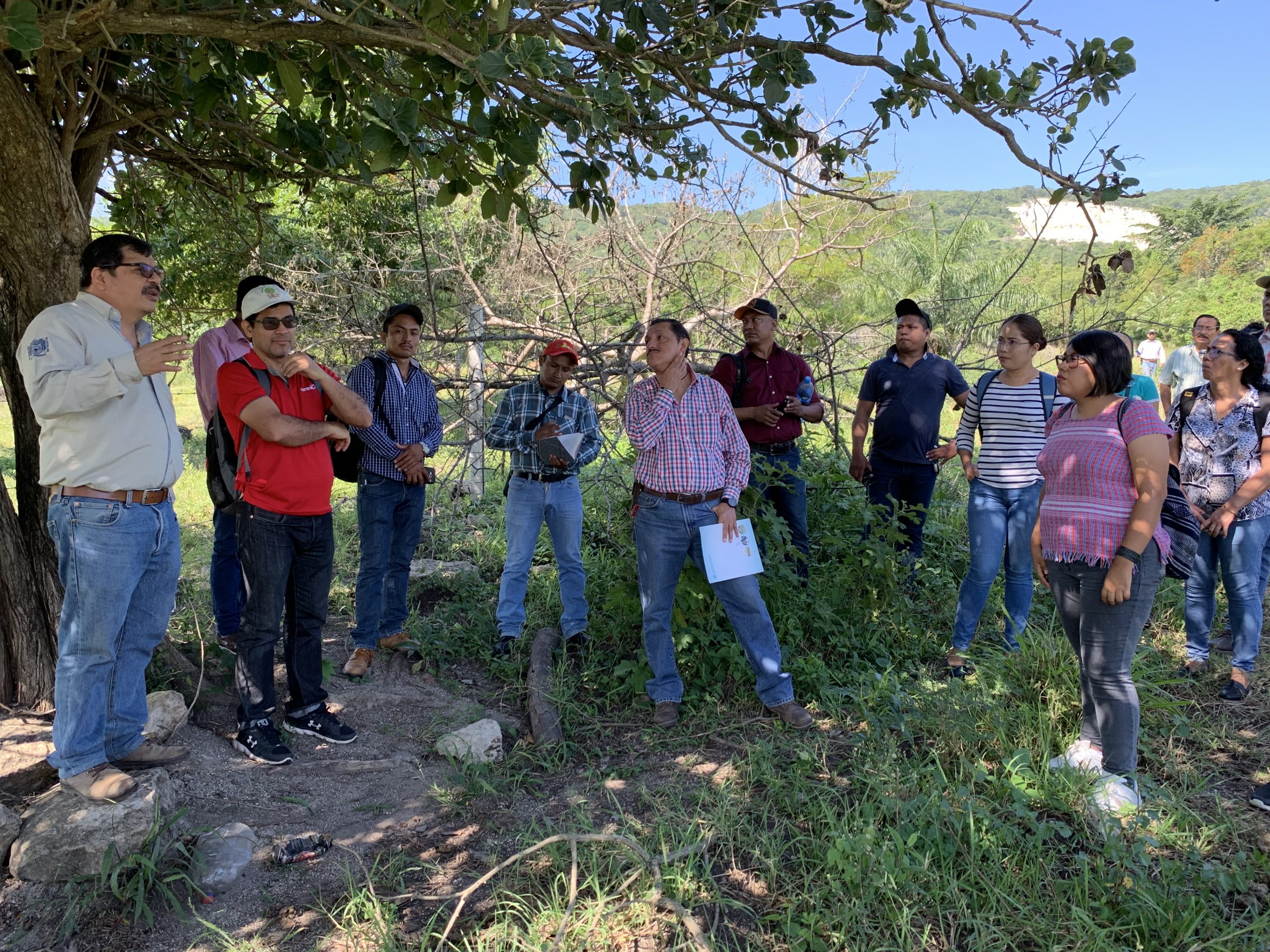
Other promoted actions include the development of methodologies and tools through applied research on ecological, economic and sociocultural issues in cattle ranches, as well as the implementation of actions to improve the coexistence between producers and their environment.
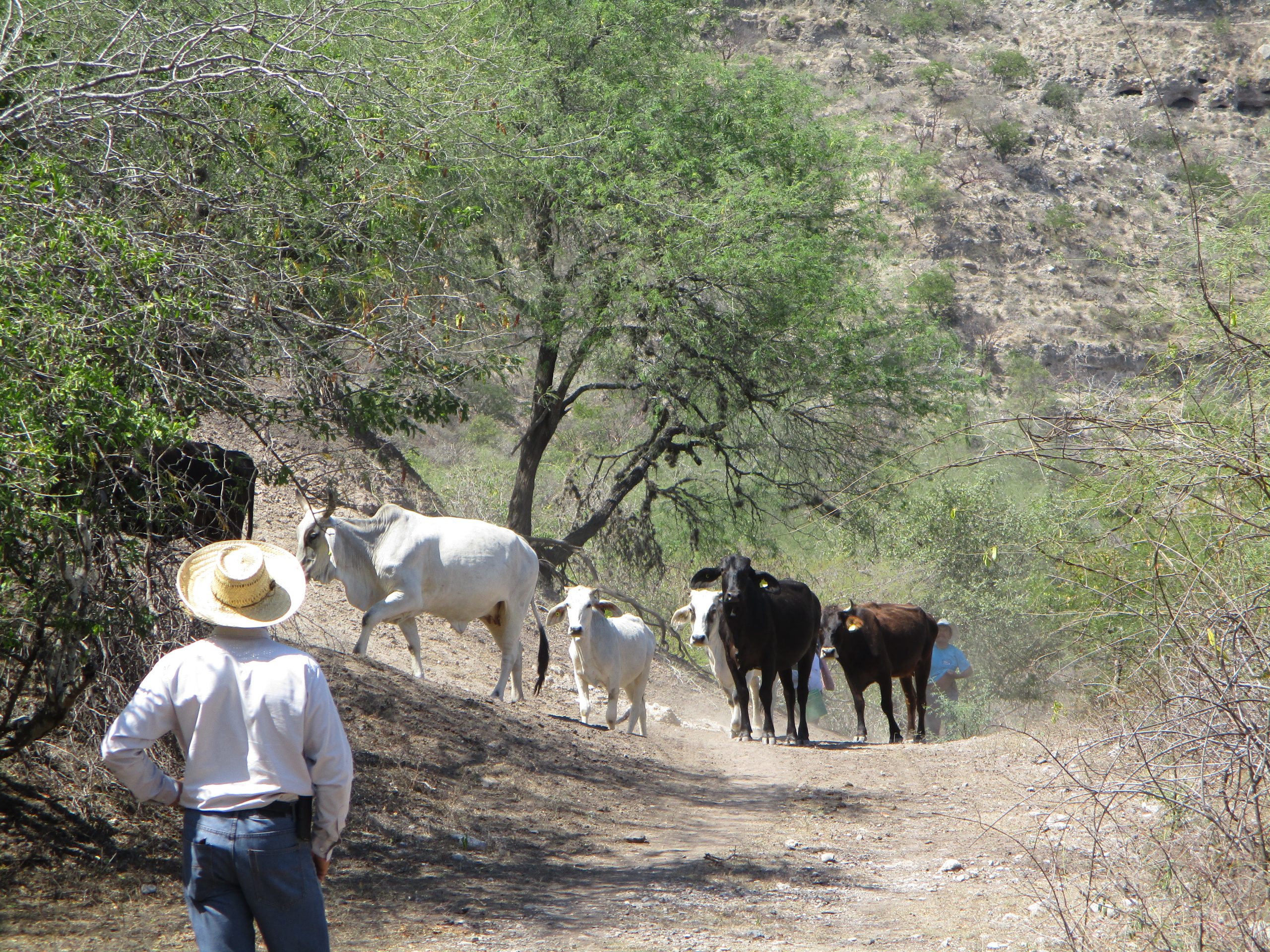
Finally, the BioPaSOS project has managed to strengthen associative capacities, providing an added value to products from family-run livestock organisations. This has allowed these families to access differentiated markets and therefore receive a higher income.

